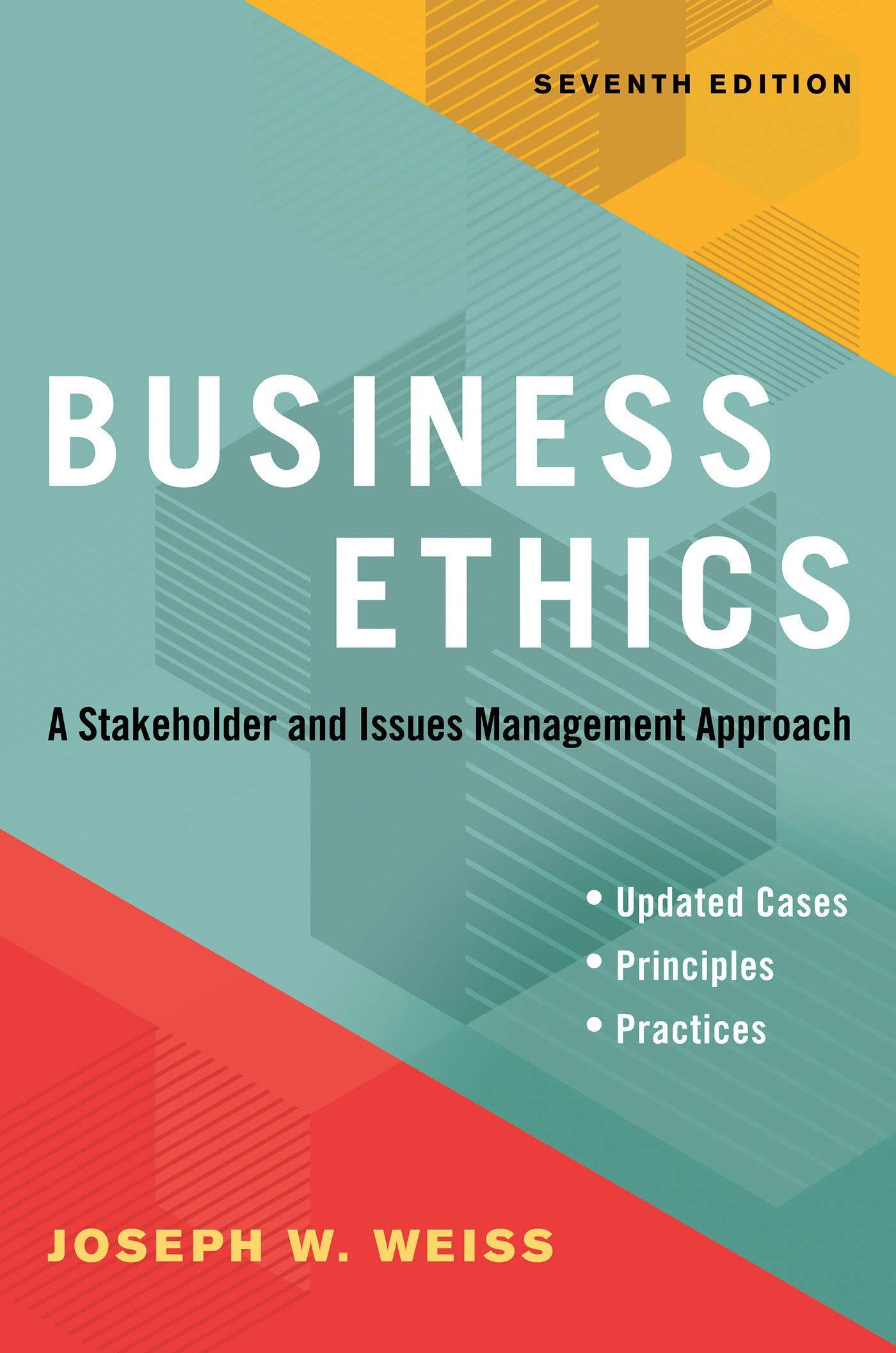Covid-19 has had a devastating effect on the higher education system. It has had sweeping effects on
Question:
Covid-19 has had a devastating effect on the higher education system. It has had sweeping effects on every aspect of a university, especially on the ability to recruit and admit new students for the fall 2020 term. The purpose of this case is to understand the facts of how the pandemic was and is impacting recruitment within the United State and internationally. The research was conducted through peer-reviewed articles, industry conference sessions, internal reporting, and publicly available government data. The biggest finding was how those universities that were already participating in virtual recruiting pre-pandemic were able to pivot more easily to fully online recruiting compared with those that were not engaged online. The support of key internal stakeholders was also necessary to move to fully online recruiting. Another interesting finding was from the review of an internal survey of 71 new international students. Among these new graduate students, who were expected to start in fall 2020, we found that 74 percent of the international students are still looking for their experience of an American education to be in-person. After reviewing all of the material, it was determined that with the changes in recruitment and admissions brought on by Covid-19, the greatest impact will be felt by the international student applicants.
Covid-19 by the Numbers Covid-19 was first discovered in Wuhan, China, by Dr. Li Wenliang in December 2019 (Hauck et al., 2020). Since the novel coronavirus was first discovered, it has raced around the globe infecting millions. As of July 10, 2020, there have been 12,294,117 confirmed cases of the disease, with 555,531 global deaths. The United States has been the worst-hit country with 133,291 deaths, more than double the Covid-19-related deaths of any other country (Johns Hopkins University School of Medicine, 2020). The impact of this disease has added difficulties to all facets of life in the United States. The U.S. economy is currently in a Covid-induced recession that shows little signs of changing anytime soon (Horsley, 2020). The U.S. jobless rate has still not recovered fully since the March unemployment rate skyrocketed to over 14 percent. According to the government’s June 2020 report, we are still at a very high unemployment rate of 11.1 percent (U.S. Bureau of Labor Statistics, 2020). All of these facts have driven many local governments, companies, and universities to make difficult decisions, forced by a lack of federal leadership.
Pre-Covid-19 Strategies, Tools, and Resources for Recruiting in Higher Education
There were already challenges facing recruiting and admissions in higher education institutes before the Covid-19 pandemic. According to a 2019 report by GMAC .org on student mobility, the United States was seeing a decline in international applications because of increased competition from Asia, Europe, and Canada and because of a strong economy and low unemployment rate.
Institutions were having to invest large amounts of capital on in-person events both on campus and off campus (Graduate Management Admissions Council, 2019).
On-campus events presented by institutions like the one in which I work were holding events that allowed prospective students to interact with highly skilled professors, current graduate students, and staff in advanced facilities of research and study. These events gave participants the opportunity to get hands-on with the technology in the labs. It gave them the opportunity to picture themselves learning in such an exciting location. Interaction with the support staff was also an important aspect to these on-campus visits, with the staff demonstrating the care and attention that students would receive and how they were truly invested in their success.
Off-campus events allow universities to meet in-person with students who might not be able to travel to the school campus and still give the students an opportunity to put a face and name to the university.
Boston universities like Brandeis, Suffolk, Babson, and Bentley were scheduling events all over the world to interact with potential candidates in face-to-face presentations and information sessions. To share the benefits and resources of their institutions, alumni and admissions directors were engaged. The higher education institutions worked with companies or organizations like Education USA, Access MBA/Masters, The MBA Tour, and QS to set up fairs, college visits, and events in locations around the world, once again, to ensure that face-to- ace interaction would occur.......
Questions for Discussion
1. What issues is this author describing as a university recruitment and admissions officer that are different and unusual compared to “normal times”?
2. How did/does Covid-19 affect each of the stakeholders in this case?
3. How are/were you affected as a stakeholder in your university/college/institution during Covid-19?
4. Describe the ethical challenges and for whom (using your own words) in this case.
5. What did you learn in this case that you didn’t know regarding higher educational institutions during Covid-19?
Step by Step Answer:

Business Ethics A Stakeholder And Issues Management Approach
ISBN: 9781523091546
7th Edition
Authors: Joseph W. Weiss





